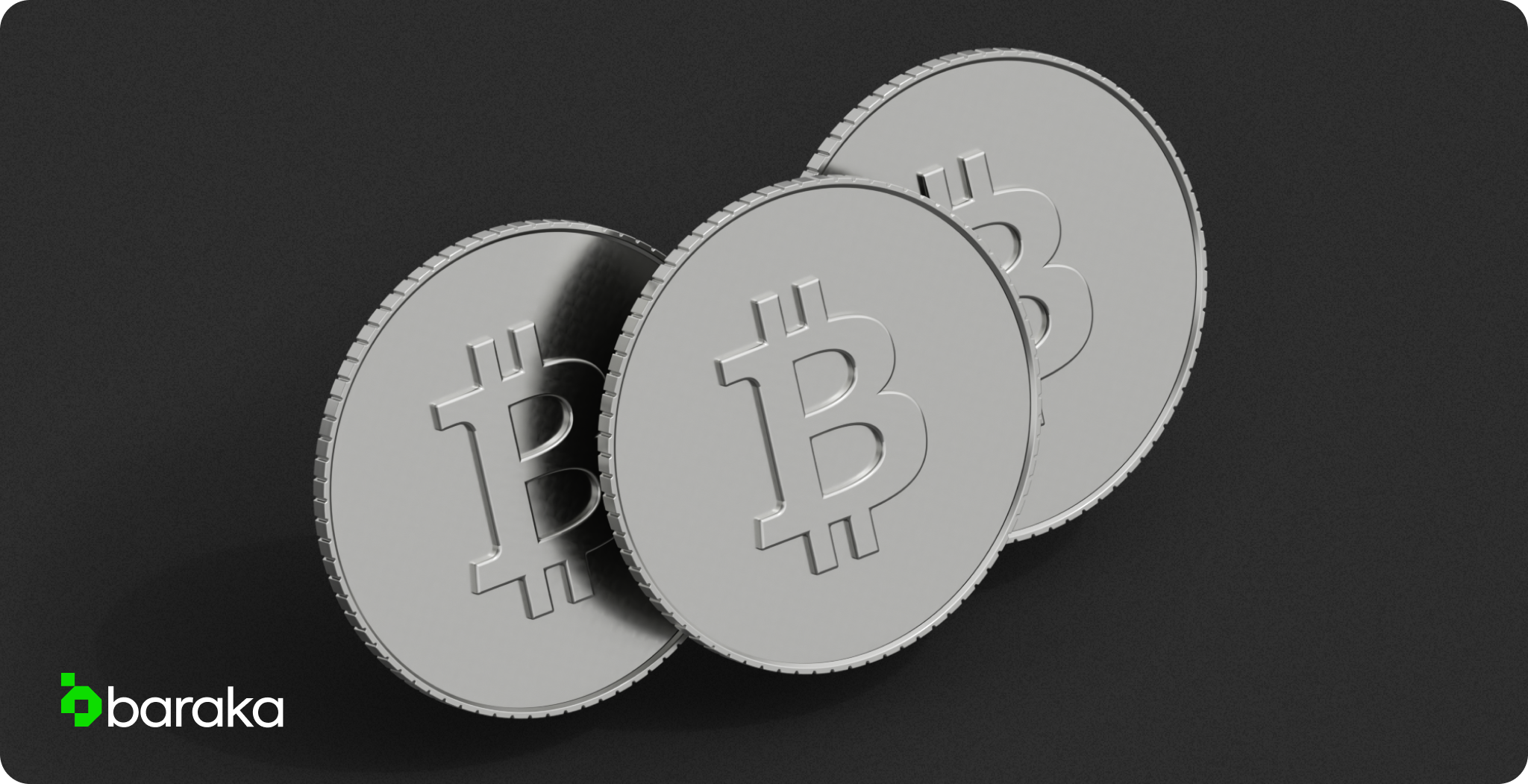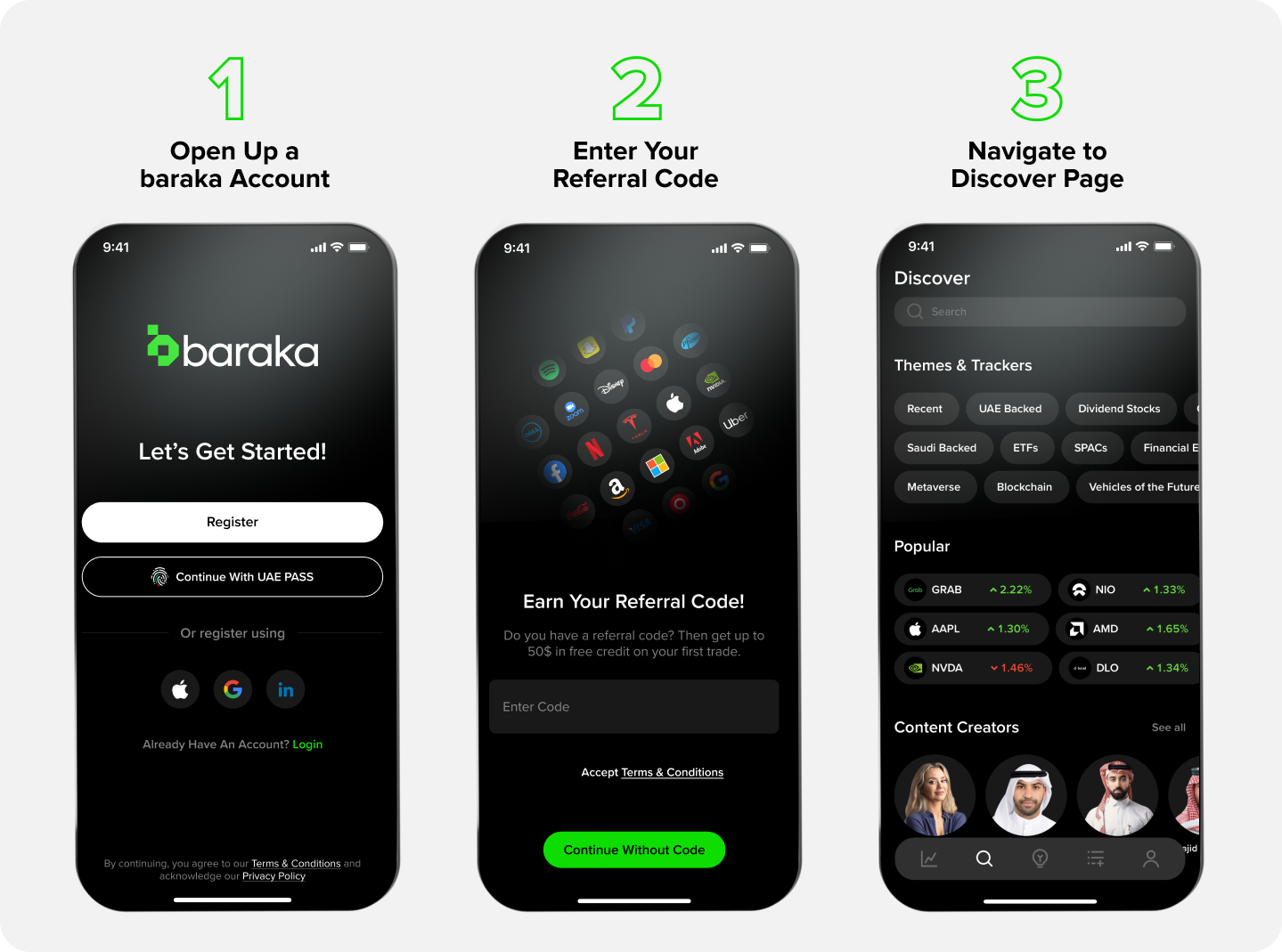Bitcoin is a relative newcomer to the investment world. It's a digital currency not backed by governments or banks. Bitcoin has a history of being exceptionally volatile—investors have made and lost a lot of money. Many people want to add Bitcoin to their portfolio because of its profit potential but aren't sure of the best way to do it. We’ll discuss three ways to consider adding Bitcoin to your portfolio: Bitcoin ETFs, Bitcoin futures ETFs, or buying Bitcoin directly.
Key takeaways
- You can get Bitcoin through an ETF, a futures ETF, or by direct purchase.
- A Bitcoin ETF will mirror the performance of Bitcoin.
- Buying Bitcoin using an ETF can be easier than investing in Bitcoin directly.
What is a Bitcoin ETF?
Regulators are slowly allowing Bitcoin exchange-traded funds (ETFs) on the market. ETFs are one way that you can add Bitcoin to your portfolio without buying it directly. Buying Bitcoin using an exchange-traded fund is not the same as buying Bitcoin. There are advantages and disadvantages to using an ETF to invest in Bitcoin.
Exchange-traded funds track an index and seek to copy the returns of the index. The fund is structured so that the fund's underlying assets closely resemble the index the fund is tracking. So a Bitcoin ETF will have a mix of Bitcoin and sometimes similar assets in the fund. That way, the movement of the fund should mirror the price of Bitcoin on the market.
How can a Bitcoin ETF benefit me?
Buying Bitcoin directly as an investor can be a complicated process. First, you need to set up an account with a cryptocurrency exchange, and you need a digital wallet to store your Bitcoin. The digital wallet has to have a password that you must remember. If you forget your password, there’s no way to recover it—and you could lose your investment.
Using an exchange-traded fund, however, is much simpler. You can invest in a Bitcoin ETF using your existing brokerage account, so you won't have to open accounts on different sites. You won't need a digital wallet either. ETFs usually have no or low minimum amounts, meaning you can get started with a small investment.
When you invest in an ETF for Bitcoin, you don't actually own Bitcoin. Instead, you own units of the fund. You can buy and sell shares of a Bitcoin ETF like stock, trading any time during the day the market is open. This is different from a mutual fund, which only allows trades at the end of the business day.
What are Bitcoin futures ETFs?
A Bitcoin futures ETF is different from a Bitcoin ETF because the underlying assets are not the same. A Bitcoin futures ETF doesn't invest in actual Bitcoin. Instead, it tries to minimize the risk of Bitcoin price changes by buying contracts that expire on a specific date in the future for a fixed price. The idea is that the price of Bitcoin will be higher when the contract expires. The fund will use that money to buy more futures contracts. As a result, it may not precisely mirror the market price of Bitcoin.
How does a Bitcoin futures ETF work?
Futures involve securing a contract to buy a commodity at a fixed price in the future. For example, an investor might buy a futures contract to buy 10 Bitcoins for $550,000 in September. If the value of the Bitcoin is $562,000 when the contract expires, the investor has earned $12,000. On the other hand, if the value of the Bitcoin is $530,000, the investor will have lost $20,000. The money from the expired contracts is used to buy more futures contracts. If the fund has made a profit on their expired contracts, the fund managers can purchase additional contracts. If the ETF suffers a loss, the fund managers will buy fewer futures contracts.
The price of Bitcoin and other cryptocurrencies can fluctuate a lot, so this is a volatile investment. Unfortunately, it's difficult to predict the future price of anything, including Bitcoin.
The Bitcoin futures ETF has advantages similar to the Bitcoin ETF. Both are easy to purchase using an investment platform, and you don't need to worry about security, digital wallets, or passwords.
Are there disadvantages of a Bitcoin ETF?
There are some things to consider before investing in Bitcoin using an ETF. Firstly, there is a management fee. While the fee is usually less than a mutual fund, it still needs to be paid and will reduce your returns a bit. Secondly, the ETF might not reflect the price of Bitcoin accurately. If the ETF is made up of other similar investments, it will also track their returns. This is particularly true of the Bitcoin Futures ETFs. The only way a Bitcoin ETF can be 100% accurate in tracking Bitcoin is if the underlying investment is only Bitcoin. Finally, you can't trade a Bitcoin ETF for other cryptocurrencies.
Can I buy Bitcoin directly?
You do have the option of purchasing Bitcoin directly. First, however, you'll need to set up an account on a cryptocurrency exchange, and you'll need a digital wallet with a password, as we mentioned above. Unlike ETFs, Bitcoin isn't regulated by banks or the government, so there is an added measure of risk.
What's the best way to invest in Bitcoin?
Bitcoin can be a profitable but risky addition to your portfolio. The best way for you to buy Bitcoin will depend on what you want to accomplish. If you want to own units of Bitcoin, you'll have to buy it on a cryptocurrency exchange. If you’d prefer to invest in one platform, a Bitcoin ETF might be the best strategy for you. A Bitcoin ETF that invests in Bitcoin will track the movements of the currency precisely, while a Bitcoin futures ETF can vary a bit from the actual performance of Bitcoin.
For more information on adding Bitcoin or Bitcoin ETFs to your portfolio, check out Baraka. You'll find more information to learn how to make your money work for you and get started with Baraka today to invest in over 6,000 U.S. stocks and ETFs.



